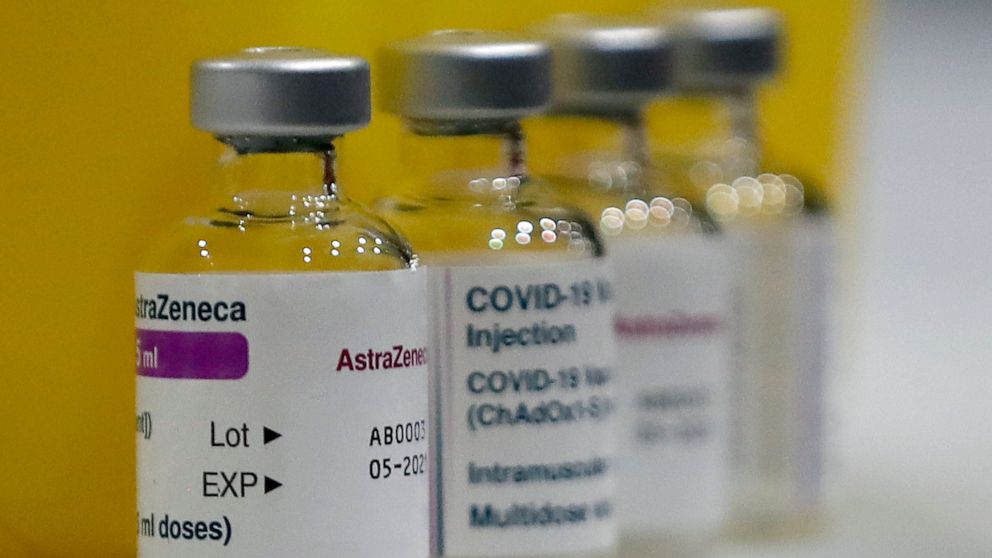The test will show whether the children have a good immune response to the injection.
Oxford University is extending its study of the COVID-19 vaccine to include children – some as young as 6 years old.
Previous tests of the vaccine have shown it to be safe, but this phase 2 study – funded by the National Institute for Health Research (NIHR) and AstraZeneca – will show whether children have a good immune response to the injection.
Oxford said in a press release that 300 volunteers will be included in the study – 240 of them will receive the ChAdOx1 nCoV-19 vaccine and the remainder a meningitis control vaccine “, which has been shown to be safe in children but is expected to produce similar reactions , like a sore arm. “
“Although most children are not relatively affected by the coronavirus and are unlikely to get sick from the infection, it is important to establish the safety and immune response to the vaccine in children and young people, as some children can benefit from vaccination,” said Andrew Pollard, a professor of pediatric infection and immunity, and chief investigator for the Oxford vaccine trial, said. “These new tests will extend our understanding of SARS-CoV2 control to younger age groups.”
The news comes at a time when school districts across the country are struggling to reopen schools due to the risks associated with the virus.
“The COVID-19 pandemic has had a profound negative impact on the education, social development and emotional well-being of children and adolescents, as well as rare diseases and presentations of serious illnesses. It is therefore important to collect data on safety and immune response to our coronavirus vaccine in these age groups, so they can potentially benefit from inclusion in vaccination programs in the near future, “said Rinn Song, a pediatrician and clinical scientist at the Oxford Vaccine Group.
Grace Li, a pediatric clinical researcher at the Oxford Vaccine Group, said the study will play an important role in protecting children from the virus.
The trial will begin on Saturday, according to the Oxford statement, and the first injections are expected to be given later this month.
